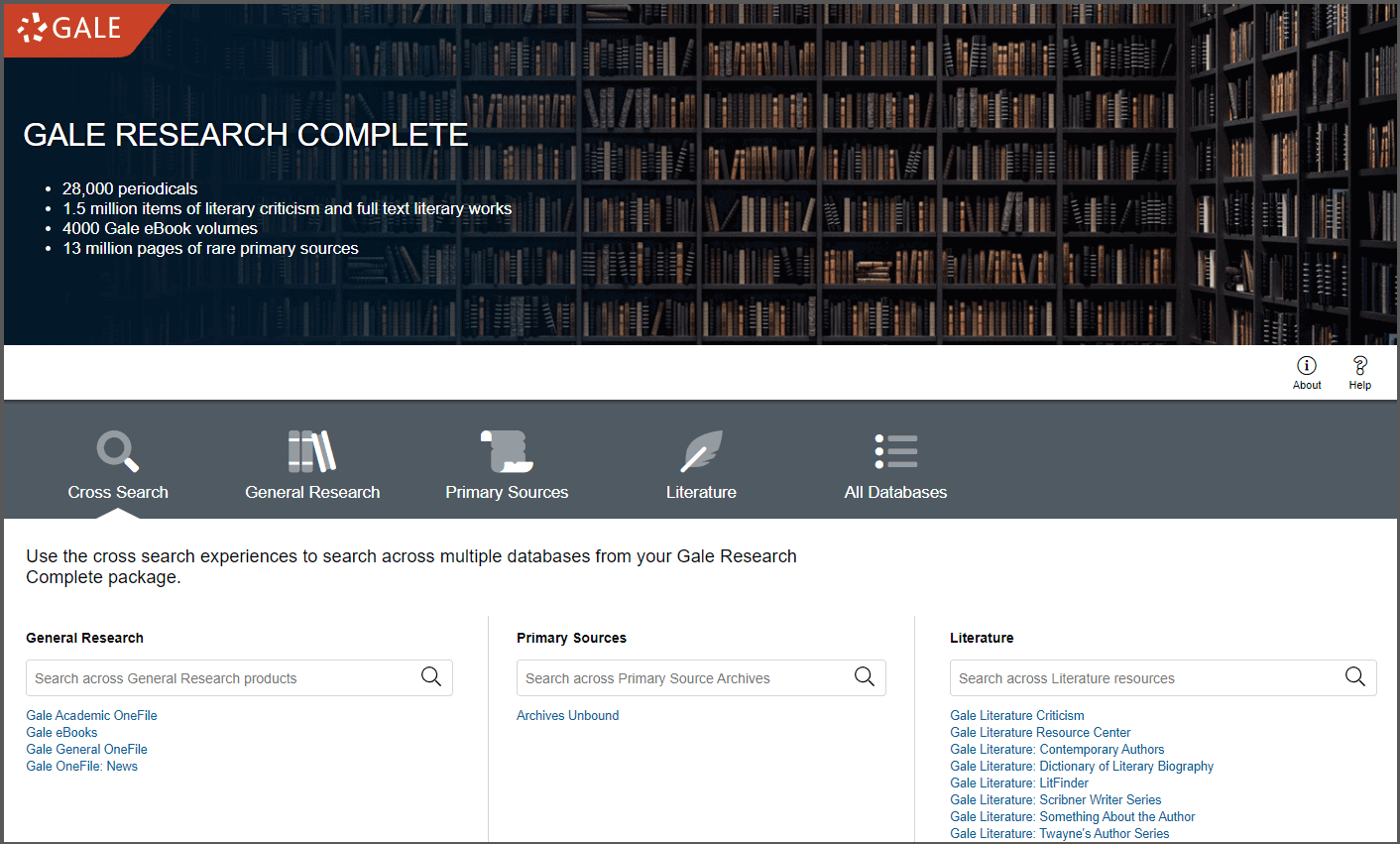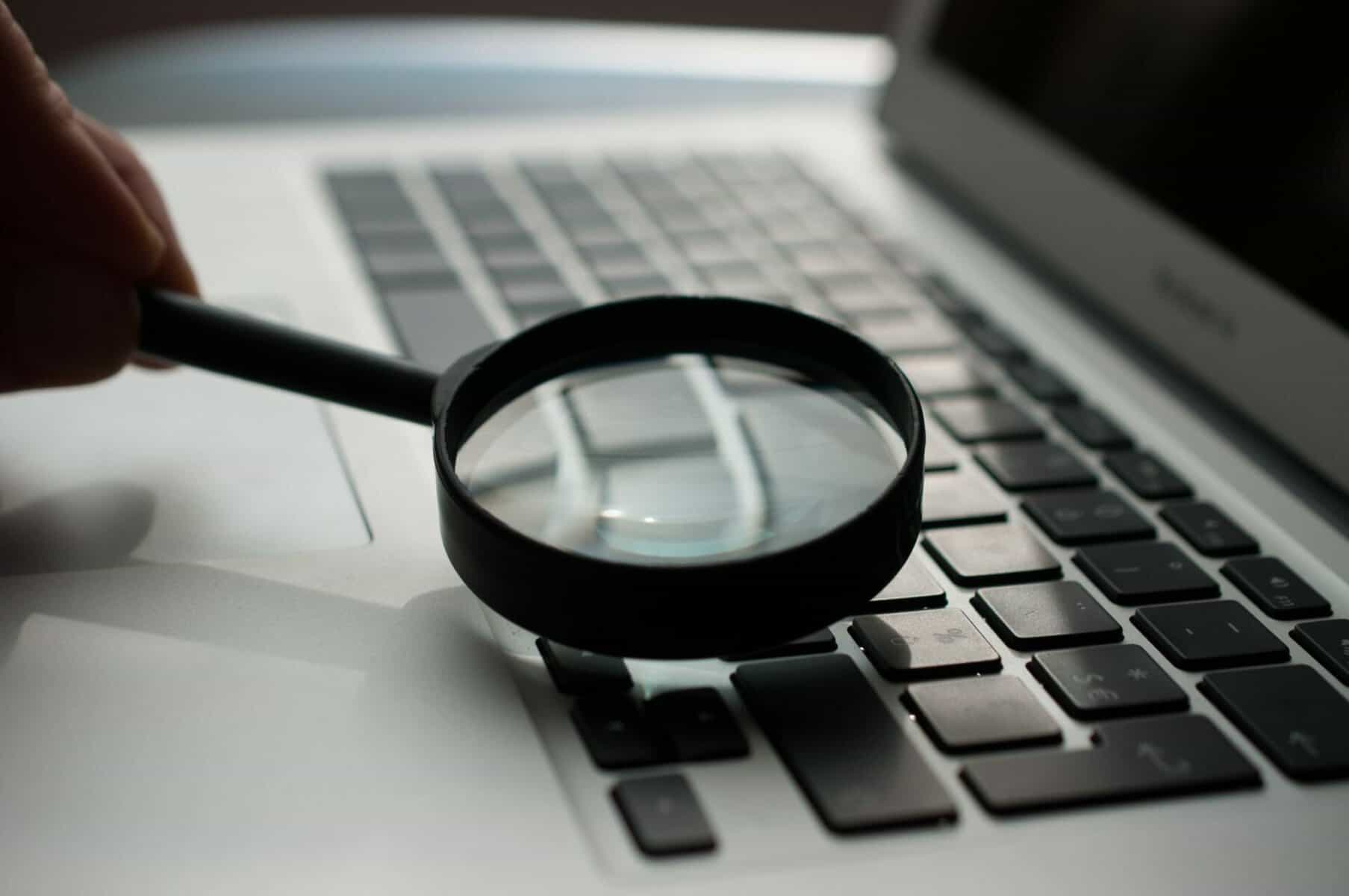│By Sasha Mandakovic, Gale Ambassador at Erasmus University Rotterdam|
The rapid pace of technological innovation is constantly pushing the boundaries of the digital realm, resulting in an exponential increase in its capabilities and reach. There is no doubt that technology has had both positive and negative effects on the preservation of historical data which can often be difficult to understand. I’m here to elaborate on its impacts!
The first words that come to my mind when I think about technology are probably: life-changing, accessible, and easy. When “historical data” is mentioned, the terms I think of are: records, heritage, and preservation. But how are technology and historical data linked, and what impact do they have on each other? And is it bad or good?





